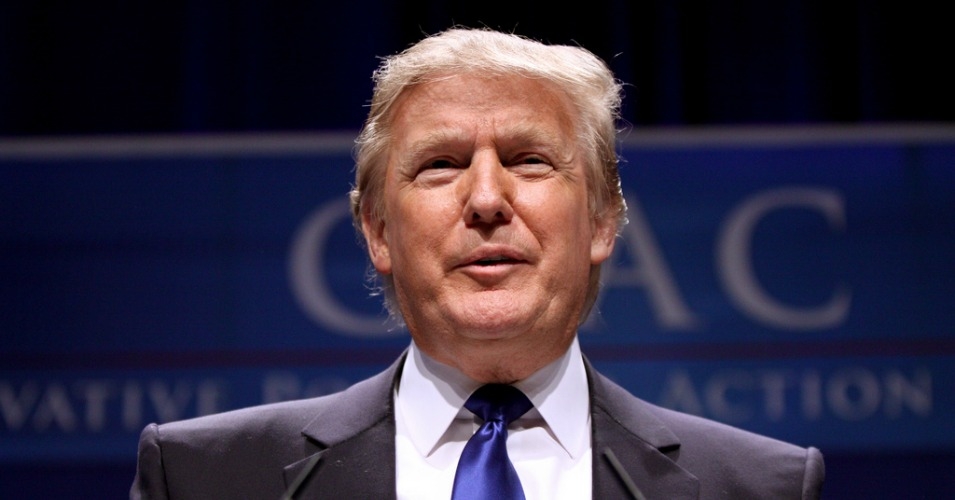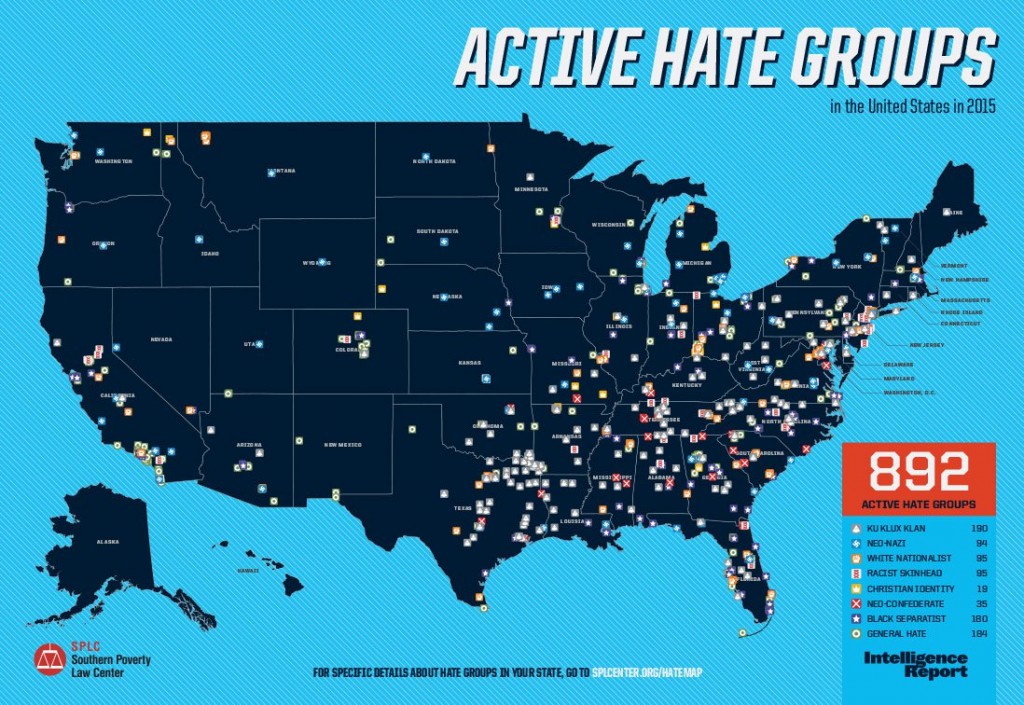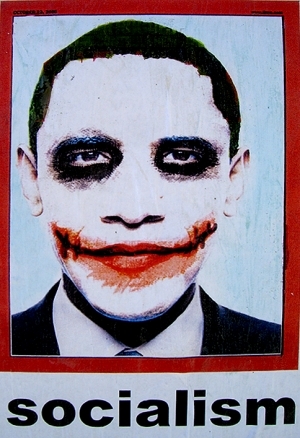Boston University Professor of History Andrew J. Bacevich writes about what Trumpism means for Democracy.
If Trump secures the Republican nomination, now an increasingly imaginable prospect, the party is likely to implode. Whatever rump organization survives will have forfeited any remaining claim to represent principled conservatism.
None of this will matter to Trump, however. He is no conservative and Trumpism requires no party. Even if some new institutional alternative to conventional liberalism eventually emerges, the two-party system that has long defined the landscape of American politics will be gone for good.
Should Trump or a Trump mini-me ultimately succeed in capturing the presidency, a possibility that can no longer be dismissed out of hand, the effects will be even more profound. In all but name, the United States will cease to be a constitutional republic. Once President Trump inevitably declares that he alone expresses the popular will, Americans will find that they have traded the rule of law for a version of caudillismo. Trump’s Washington could come to resemble Buenos Aires in the days of Juan Perón, with Melania a suitably glamorous stand-in for Evita, and plebiscites suitably glamorous stand-ins for elections.
Read the entire essay: Don’t Cry for Me, America | Common Dreams | Breaking News & Views for the Progressive Community



 I happened to run across a video from a late night TV show where they went into the street to interview people about the new health care law. They asked a simple question. “Which do you think is better, Obamacare or the Affordable Care Act?” Not realizing that the former is merely a nickname for the latter, the majority of those interviewed disliked Obamacare and liked the Affordable Care Act. When asked why, the interviewees expressed a laundry list of reasons, at the top of which seemed to be something about free choice.
I happened to run across a video from a late night TV show where they went into the street to interview people about the new health care law. They asked a simple question. “Which do you think is better, Obamacare or the Affordable Care Act?” Not realizing that the former is merely a nickname for the latter, the majority of those interviewed disliked Obamacare and liked the Affordable Care Act. When asked why, the interviewees expressed a laundry list of reasons, at the top of which seemed to be something about free choice.